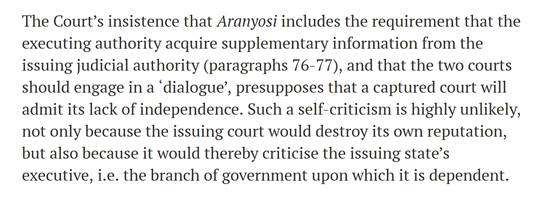Long🧵with my assessment ⬇️
See footnote 29 in: journals.sagepub.com/doi/abs/10.117…



and I researchgate.net/publication/33… (and the many @reconnectEU
deliverables and working papers) 🔚


